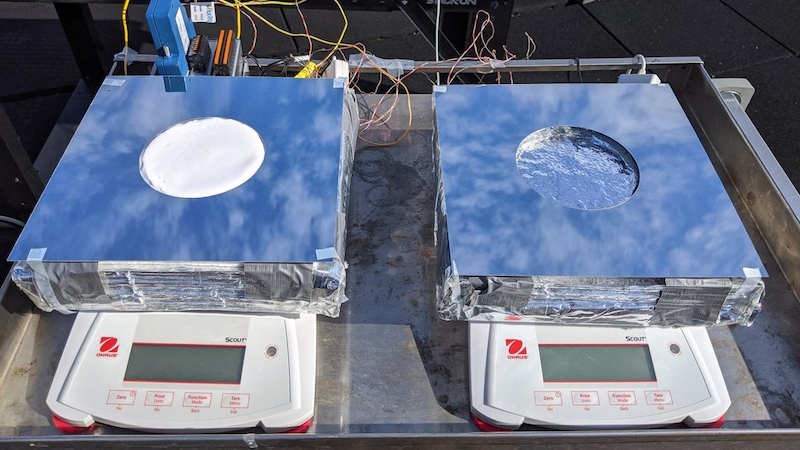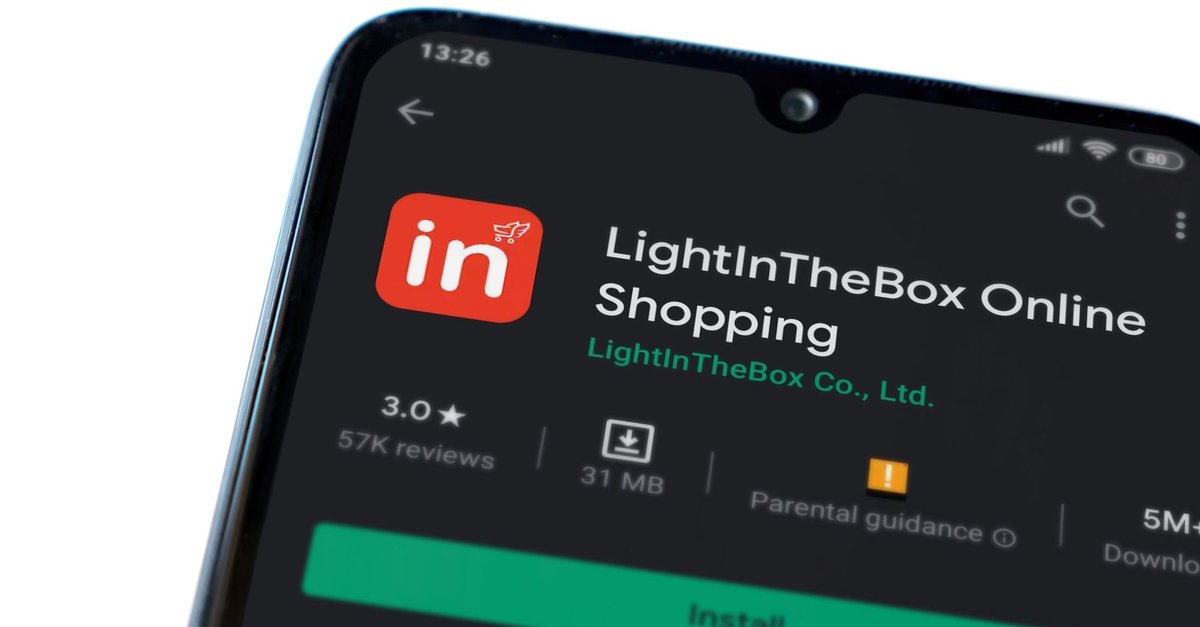Apple gives in: iPhones get USB-C connection
The EU has declared the USB-C connection to be the mandatory standard for smartphones and the like from 2024. Since the authorities are primarily obliging Apple to say goodbye to its Lightning connector, there is often talk of the “anti-Apple law”. Now, however, the US group is giving in.
The EU recently waved the so-called “anti-Apple law” through. The European legislator has thus declared the USB-C connection to be the binding standard for smartphones and the like from 2024. But while the announcement may have left many manufacturers cold, since they rely on USB-C connections anyway, Apple in particular was outraged.
Because the US group relies on its in-house Lightning connector, especially for its iPhones. But according to the EU, the company must equip its smartphones with a USB-C connection from autumn 2024. Apple has therefore expressed its displeasure several times. Now the iPhone group is apparently small.
Apple wants to switch iPhones to USB-C connection
Because like the news agency Bloomberg Apple marketing chief Greg Joswiak said at a Wall Street Journal conference in California that the company wants to comply with the law. However, he declined to specify when the company will transition its iPhones accordingly.
According to Joswiak, Apple and the EU have been at odds for years. The European authorities initially wanted to force the US group to use a micro-USB connection. He also criticized that neither the current USB-C connector nor the Lightning connector would have been invented if this change had happened.
Switching to USB-C just an interim solution?
Noisy Bloomberg the company intends to convert its iPhone to USB-C as early as next year. Previously, the US group had already gradually adapted its Mac computer, many iPads and its accessories accordingly. It is currently unclear whether Apple wants to convert all of its devices worldwide or only those for the EU market to USB-C in the future.
But it would probably be easier to convert the entire production. Apparently, the company only sees the changeover as an interim solution anyway. Because according to Bloomberg, the iPhone group wants to increasingly rely on wireless charging in the future.
Also interesting:


